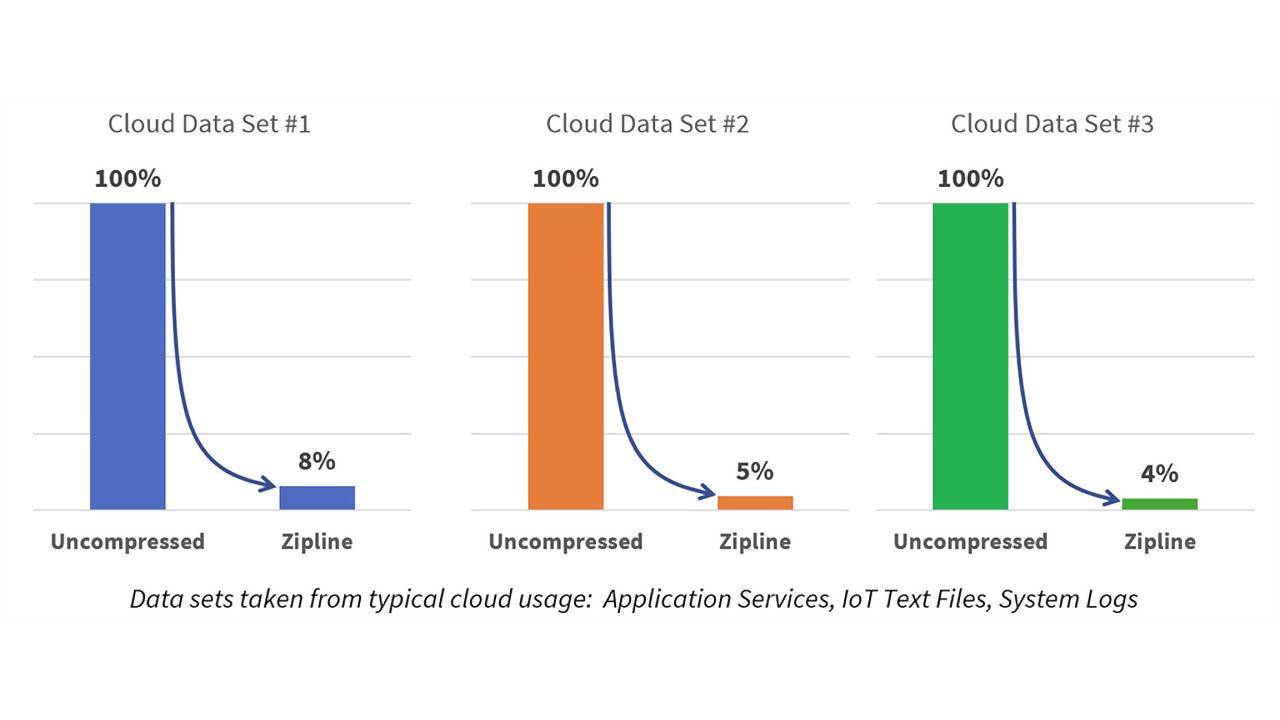Microsoft’s cloud computing division, Azure, has announced the release of its hardware-implementable compression algorithm Project Zipline under a permissive licence, as part of the Open Compute project (OCP).
“Microsoft’s Project Zipline compression algorithm yields dramatically better results, up to 2X high compression ratios versus the commonly used Zlib-L4 64KB model,” claims Microsoft’s Kushagra Vaid. “Enhancements like this can lead to direct customer benefits in the potential for cost savings, for instance, and indirectly, access to petabytes or exabytes of capacity in a cost-effective way could enable new scenarios for our customers.
“We are open sourcing Project Zipline compression algorithms, hardware design specifications, and Verilog source code for register transfer language (RTL) with initial content available today and more coming soon. This contribution will provide collateral for integration into a variety of silicon components (e.g. edge devices, networking, offload accelerators etc.) across the industry for this new high-performance compression standard.
“Contributing RTL at this level of detail as open source to OCP is industry leading,” Vaid boasts. “It sets a new precedent for driving frictionless collaboration in the OCP ecosystem for new technologies and opening the doors for hardware innovation at the silicon level. Over time, we anticipate Project Zipline compression technology will make its way into several market segments and usage models such as network data processing, smart SSDs, archival systems, cloud appliances, general purpose microprocessor, IoT, and edge devices.”
Project Zipline is available now under the permissive MIT licence via the Open Compute Project GitHub repository.
